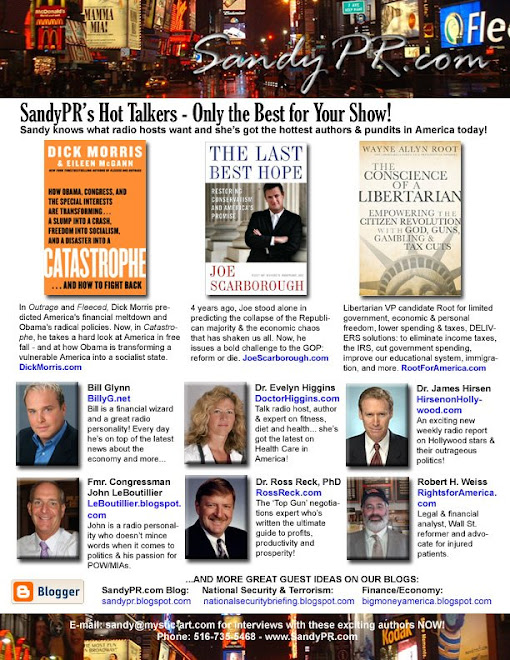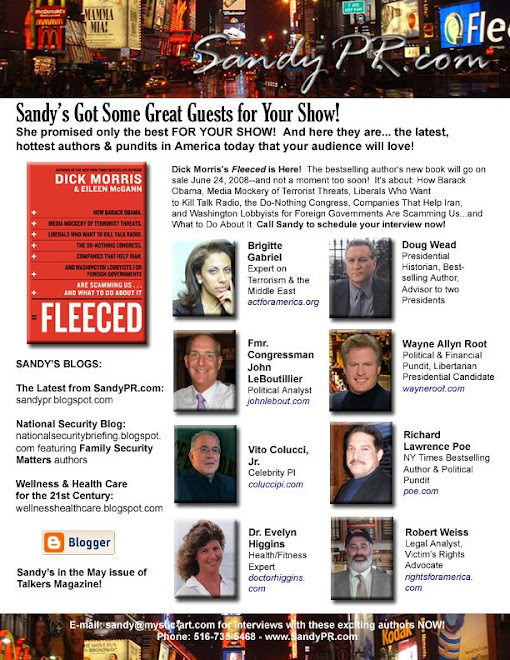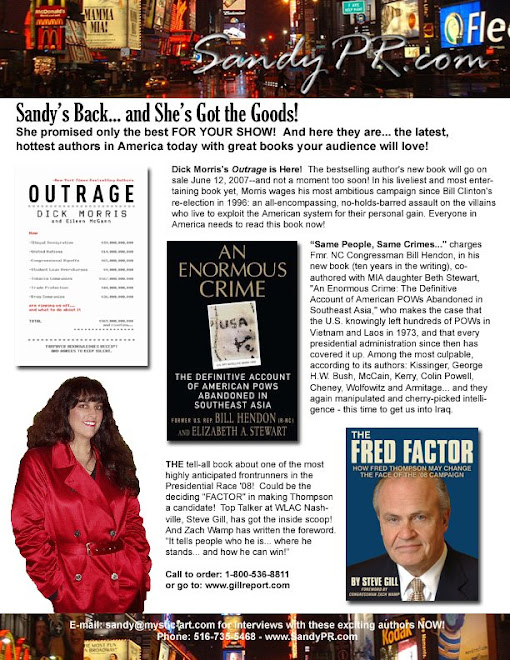|
|
|
|
|
|
RADICAL SON: A Generational Odyssey
By David Horowitz
Radical Son: Second Edition by David Horowitz is one of the most compelling and important political memoirs in recent American history - republished after more than twenty years with a new introduction by the author. In a narrative that possesses both remarkable political importance and extraordinary literary power, David Horowitz tells the story of his startling political odyssey from sixties radical to nineties conservative.
A political document of our times, Radical Son traces three generations of one American family's infatuation with the radical left from the Bolshevik Revolution of 1917 to the collapse of the Marxist empire six decades later. David Horowitz was one of the founders of the New Left and an editor of Ramparts - the magazine that set the intellectual and revolutionary tone for the movement.
In the new edition of Radical Son, you'll learn:
· The deep divisions that divide our country now
began in the Sixties;
· The violence that tore up our cities this past
summer and the coddling of black criminals began in the Sixties. A murder
committed by the Black Panthers ended my life in the left; and
· The leftward shift of the Democrat Party began with the riot that Tom Hayden staged at the 1968 Democrat convention after which he led the anti-American left into the Democrat Party. This left took over the Democrat Party with the election of Barack Obama in 2008.
From his vantage point at the center of the action, he populates Radical Son with vivid portraits of people who made the radical decade, while unmaking America at the same time. This painful and difficult journey from Left to Right has made Horowitz the most hated ex-radical of his generation. In telling his story, he provides not just an intimate personal account of his own transformation, but a scathing moral history of the American left, and a guide to the evolving political conscience of an entire generation.
"David Horowitz’s political pilgrimage
from a Sixties radical to a Reagan conservative - and the friends and enemies
he has made along the way - makes for a very interesting, very compelling
story. Speaking as a conservative: it's much better to have David Horowitz with
you than against you. Radical Son demonstrates why."
--William J. Bennett, Author of The Moral Compass
ABOUT THE AUTHOR: David Horowitz is a conservative thinker and writer who has authored dozens of books over the course of his lifetime. He began his political career as one of the founders of the New Left in the 1960s and served as an editor of its largest magazine, Ramparts. As described in this bestselling autobiography, Horowitz was forced to confront some difficult truths about the political left after a close friend of his was murdered by the Black Panthers, and ultimately found a political and intellectual home as a conservative activist. David is the renowned conservative commentator and New York Times bestselling author of Big Agenda: President Trump's Plan to Save America and Dark Agenda: The War to Destroy Christian America. He is the founder and CEO of the David Horowitz Freedom Center in Los Angeles.







